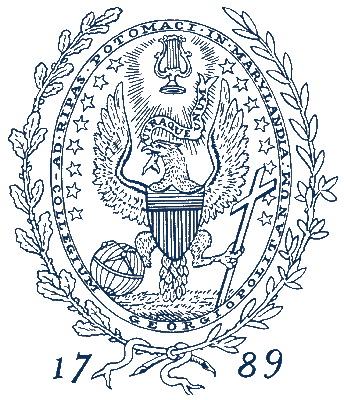Document Type
Article
Publication Date
2010
Abstract
Migrants share an intricate relationship with the law. Identifying a person as a migrant implies, in ordinary language, that she has crossed legally defined territorial boundaries. In legal terminology, invoking the term migrant usually alludes to a particular legal status that entails a specific set of rights, distinguished from those of the citizen. Acknowledging the role of law in identifying and classifying people that move across national frontiers, migrants appear as legal constructs, structured by and within the law. Regulatory mechanisms designed to direct and control migration are deeply intertwined with the phenomenon they strive to govern. In itself, this circularity is not immanently flawed. Once the constitutive role of law is exposed, the self-referential nature of legal systems appears to be one of its inherent characteristics. Specific rules and standards are generated in light of particular conceptual foundations. Such conceptual underpinnings should be overtly recognized and scrutinized, given the implicit justification they provide for consequential normative outcomes.
Recommended Citation
24 Geo. Immigr. L.J. 617-638 (2010)

